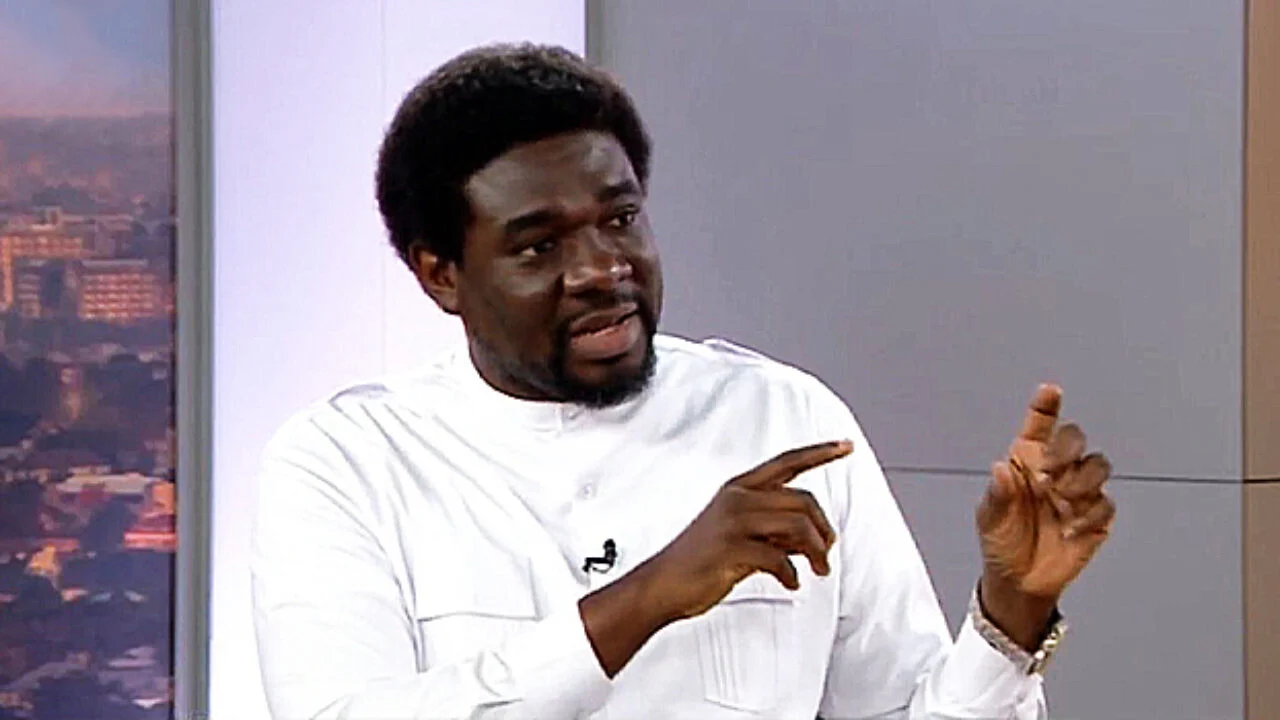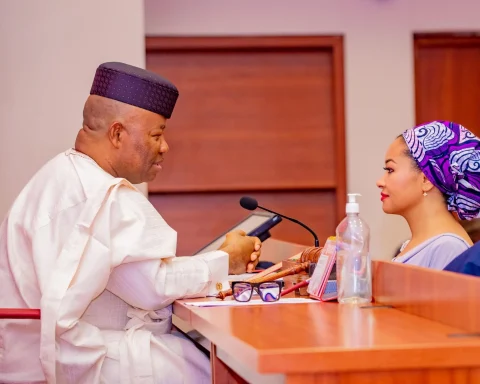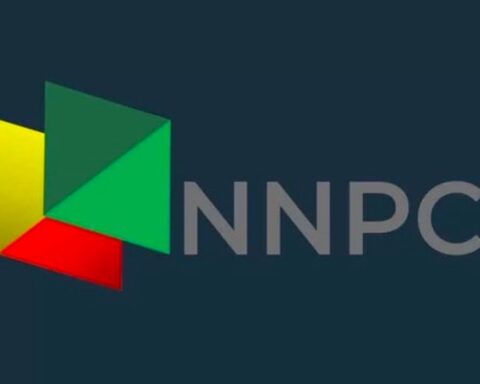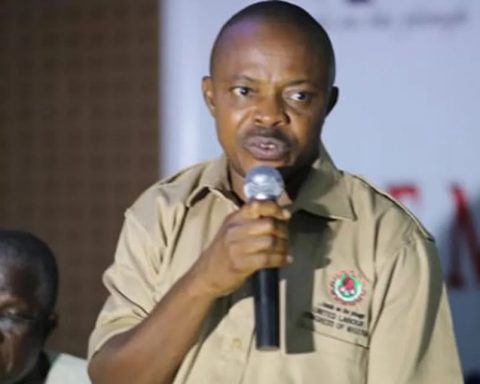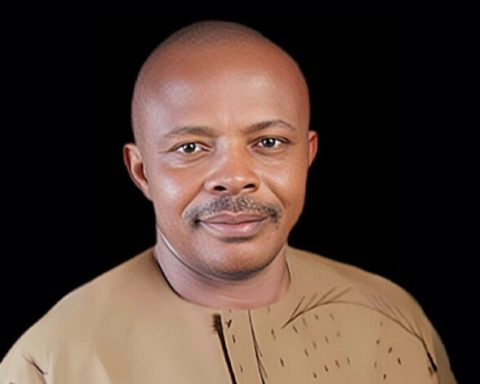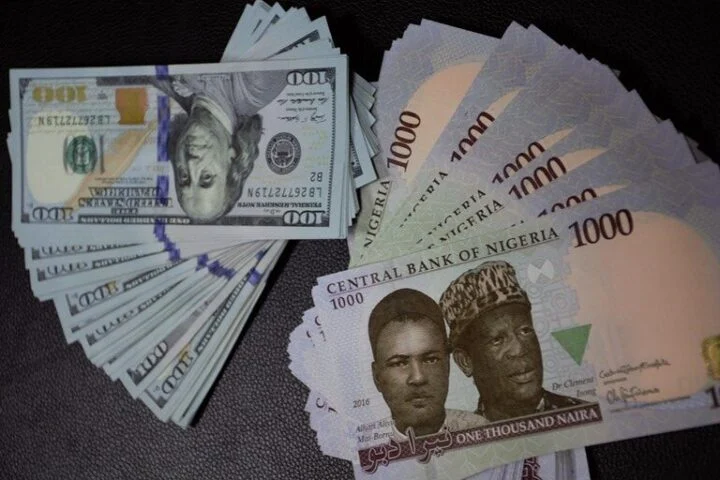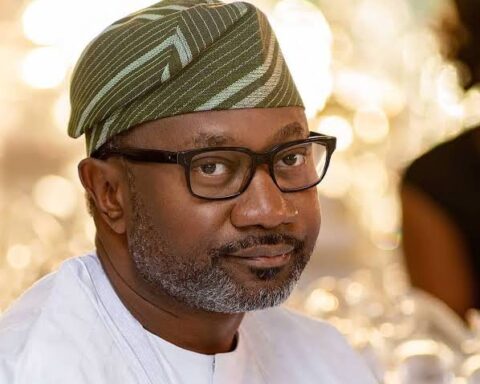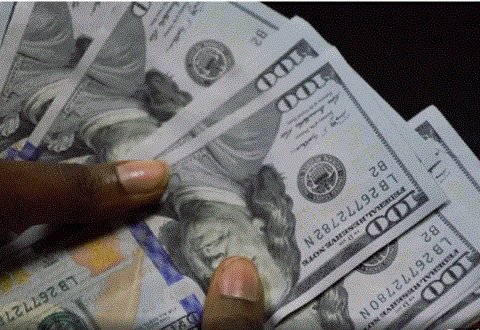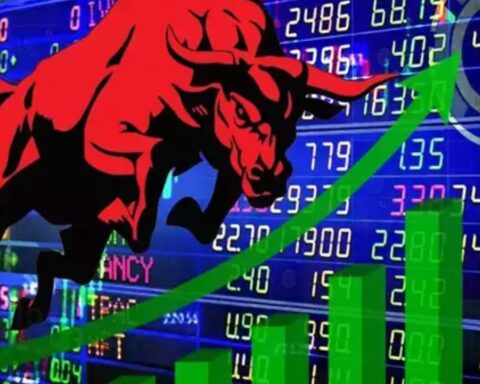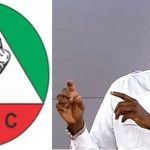Festus Osifo, President of the Trade Union Congress (TUC), clarified on Tuesday that the N494,000 minimum wage demand is not fixed, emphasizing that organized labor approached negotiations with an ideal scenario in mind.
Speaking in an interview on Channels Television on Tuesday, Osifo highlighted that labor’s concern is the value of the wages rather than the specific amount. He noted that the proposed wage reflects the current economic conditions and the impact of President Bola Tinubu’s macroeconomic policies on Nigerians.
Join our WhatsApp Channel“We are not fixated on what we have proposed. The government knew. But there are principles you use in establishing what the right value should be,” Osifo said. “When you are going for negotiation, you go with your best case scenario. We have gone with ours; it’s left with the government to come with theirs.”
Economists and other stakeholders have expressed doubts about the government’s ability to meet the labor’s minimum wage demand, especially as many states struggle to pay the current N30,000 minimum wage set in 2019. The federal government has indicated that the proposed amount could cost over N9.5 trillion annually, potentially crippling the economy.
Kingsley Moghalu, a former deputy governor of the Central Bank of Nigeria, weighed in on the debate, stating that the country’s productivity levels cannot support a N400,000 or N500,000 minimum wage. “A minimum wage of between N75,000 and N100,000 would be more sustainable and avoid heightened inflationary pressure,” Moghalu suggested on his social media account.
READ ALSO: Moghalu Recommends N100,000 Minimum Wage
The Nigeria Labour Congress (NLC) and the TUC launched a strike on Monday, halting economic activities nationwide to press their demands. However, the strike was suspended on Tuesday for five days following the federal government’s emergency intervention to allow continued negotiations.
In response to the situation, President Bola Tinubu has directed Wale Edun, the Minister of Finance, to present the cost implications for a new minimum wage within two days. This directive was given during a meeting with the government negotiation team, led by George Akume, the Secretary to the Government of the Federation, at the presidential villa in Abuja.
“The organized labor initially proposed N615,000 as the new minimum wage before reducing it to N497,000 and now N494,000. We are currently assessing what we can afford,” said a government representative.
As discussions continue, stakeholders across various sectors are keenly observing the negotiations, understanding the implications for the broader economy. The outcome of these negotiations will significantly impact not only government spending but also the livelihoods of millions of Nigerians.
The public remains divided on the issue. While some support the demand for a higher minimum wage to match the rising cost of living, others fear the economic strain it could impose on already struggling state governments and businesses.
“The government needs to strike a balance between meeting the workers’ demands and ensuring economic stability,” an economist commented. “This is a delicate situation that requires careful consideration and strategic planning.”
The coming days are crucial as both the government and organized labor seek a resolution that addresses the workers’ needs without overwhelming the national economy. The directive to the Finance Minister is seen as a significant step towards finding a feasible solution.
As the nation awaits the outcome, the focus remains on how the new minimum wage will be structured and implemented, considering the economic realities and the pressing needs of Nigerian workers.
Emmanuel Ochayi is a journalist. He is a graduate of the University of Lagos, School of first choice and the nations pride. Emmanuel is keen on exploring writing angles in different areas, including Business, climate change, politics, Education, and others.
- Emmanuel Ochayihttps://www.primebusiness.africa/author/ochayi/
- Emmanuel Ochayihttps://www.primebusiness.africa/author/ochayi/
- Emmanuel Ochayihttps://www.primebusiness.africa/author/ochayi/
- Emmanuel Ochayihttps://www.primebusiness.africa/author/ochayi/


